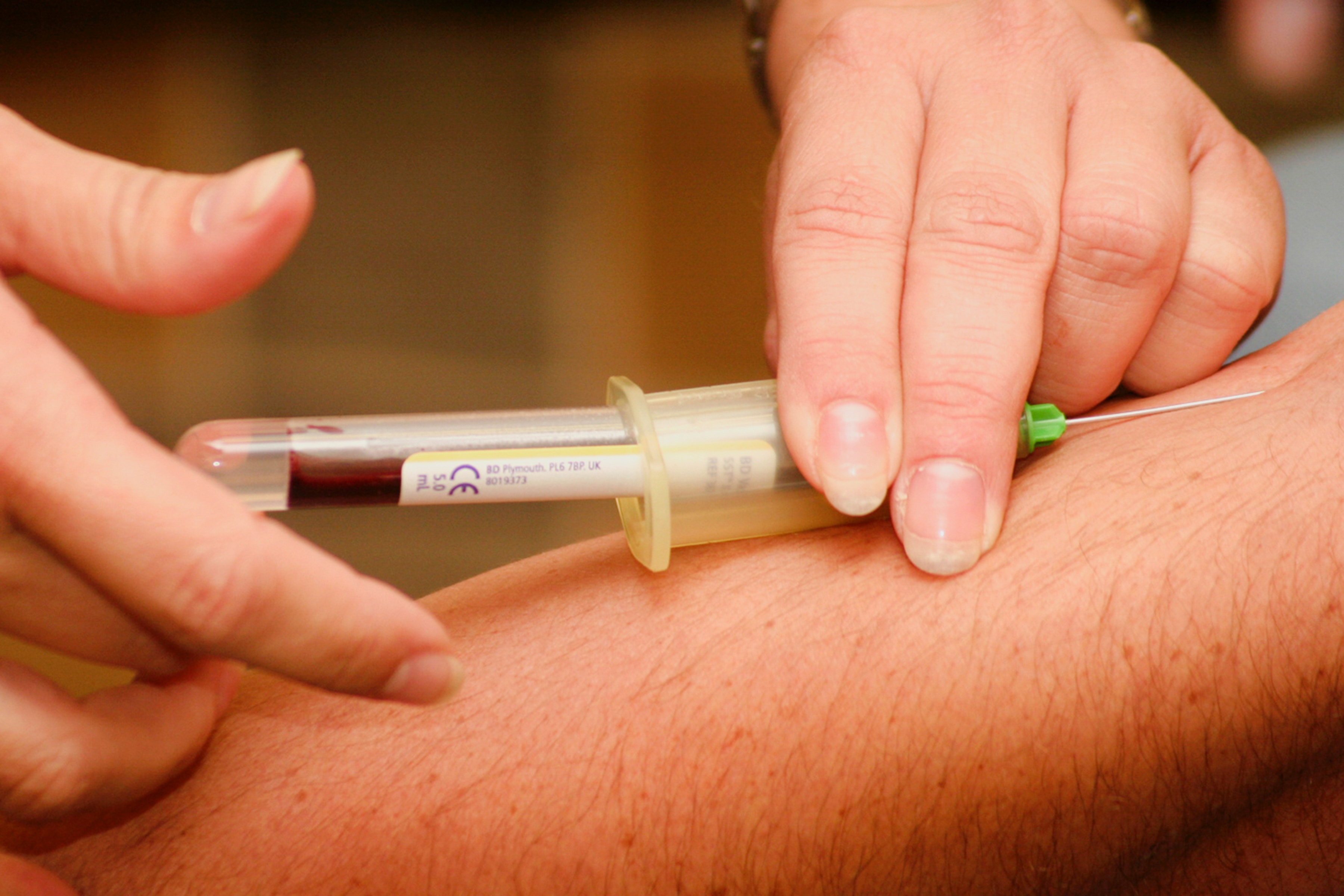A preliminary study by researchers at Uppsala University, Sweden has found that when young, healthy men were deprived of just one night of sleep, they had higher levels of tau – a biomarker for Alzheimer’s disease – in their blood than when they had a full, uninterrupted night of rest.

The study shows that even in young, healthy individuals, missing one night of sleep results in a slight increase in the level of tau in blood. Disrupted sleep increases CSF levels of tau and β-amyloid (Aβ) and is associated with an increased risk of Alzheimer disease (AD).
What’s Tau?
Tau is a protein found in neurons and the protein can form into tangles. These accumulate in the brains of people with Alzheimer’s disease. This accumulation can start decades before symptoms of the disease appear. Previous studies of older adults have suggested that sleep deprivation can increase the level of tau in the cerebral spinal fluid. Trauma to the head can also increase circulating concentrations of tau in blood.
Details of the study
The study involved 15 healthy, normal-weight men with an average age of 22. They all reported regularly getting seven to nine hours of quality sleep per night.
There were two phases to the study. For each phase, the men were observed under a strict meal and activity schedule in a sleep clinic for two days and nights. Blood samples were taken in the evening and again in the morning. For one phase, participants could get a good night of sleep both nights. For the other phase, participants could get a good night of sleep the first night followed by a second night of sleep deprivation. During sleep deprivation, lights were kept on while participants sat up in bed playing games, watching movies or talking.
Researchers found that the men had an average 17-percent increase in tau levels in their blood after a night of sleep deprivation compared to an average 2-percent increase in tau levels after a good night of sleep.
“Many of us experience sleep deprivation at some point in our lives due to jet lag, pulling an all-nighter to complete a project, or because of shift work, working overnights or inconsistent hours. Our exploratory study shows that even in young, healthy individuals, missing one night of sleep results in a slight increase in the level of tau in blood. This suggests that over time, similar types of sleep disruption could potentially have detrimental effects.”
– Study Author, Jonathan Cedernaes, MD, PhD, Uppsala University
Future studies are needed to investigate this further, as well as to determine how long these changes in tau last.
Sources and related links:




Leave a Reply